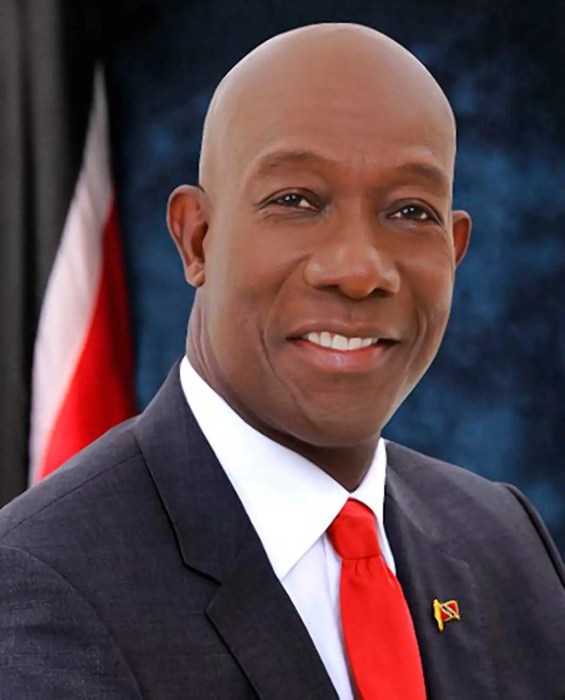RIO DE JANEIRO, Brazil – A massive power failure swept over Brazil’s two largest cities Tuesday night along with other parts of Latin America’s largest nation, leaving millions of people in the dark.
Officials did not immediately comment on the cause of the blackouts, but Brazilian media reports said there were unspecified problems at the huge Itaipu hydroelectric dam that straddles Brazil’s border with Paraguay.
The dam problems caused a loss of 17,000 megawatts of power, resulting in outages in large parts of Rio de Janeiro, Sao Paulo and other cities in several states, according to the G1 Web site of Globo TV.
The blackouts came three days after CBS’s “60 Minutes” news program reported that several past Brazilian power outages were caused by hackers. Brazilian officials played down the report before the latest outages.
Brazil’s official Agencia Brasil news agency said Tuesday’s outage started about 10:20 p.m. (1220 GMT), snarling streets in Rio after traffic lights stopped working. Subway service was knocked out in both Rio and Sao Paulo, and G1 said Sao Paulo subway users were forced to abandon train cars.
In the city of Taguatinga near the national capital of Brasilia, a second division Brazilian league soccer game was halted after lights illuminating the field went dark. No power outages happened in Brasilia.
Utility companies that provide electricity for Rio and Sao Paulo did not immediately offer explanations for why the power went off or when it would be restored, Agencia Brasil said.
Sao Paulo is South America’s largest city, with 12 million residents. Rio has 6 million citizens. But the metropolitan area of both cities are much larger. Also affected was Belo Horizonte in central Brazil and the northeastern city of Recife.
The Itaipu dam is the world’s second biggest hydroelectric producer, supplying 20 per cent of Brazil’s electricity. China’s Three Gorges dam is the largest.
Associated Press writers Marco Sibaja in Brasilia and Alan Clendenning in Mexico City contributed to this report.
















